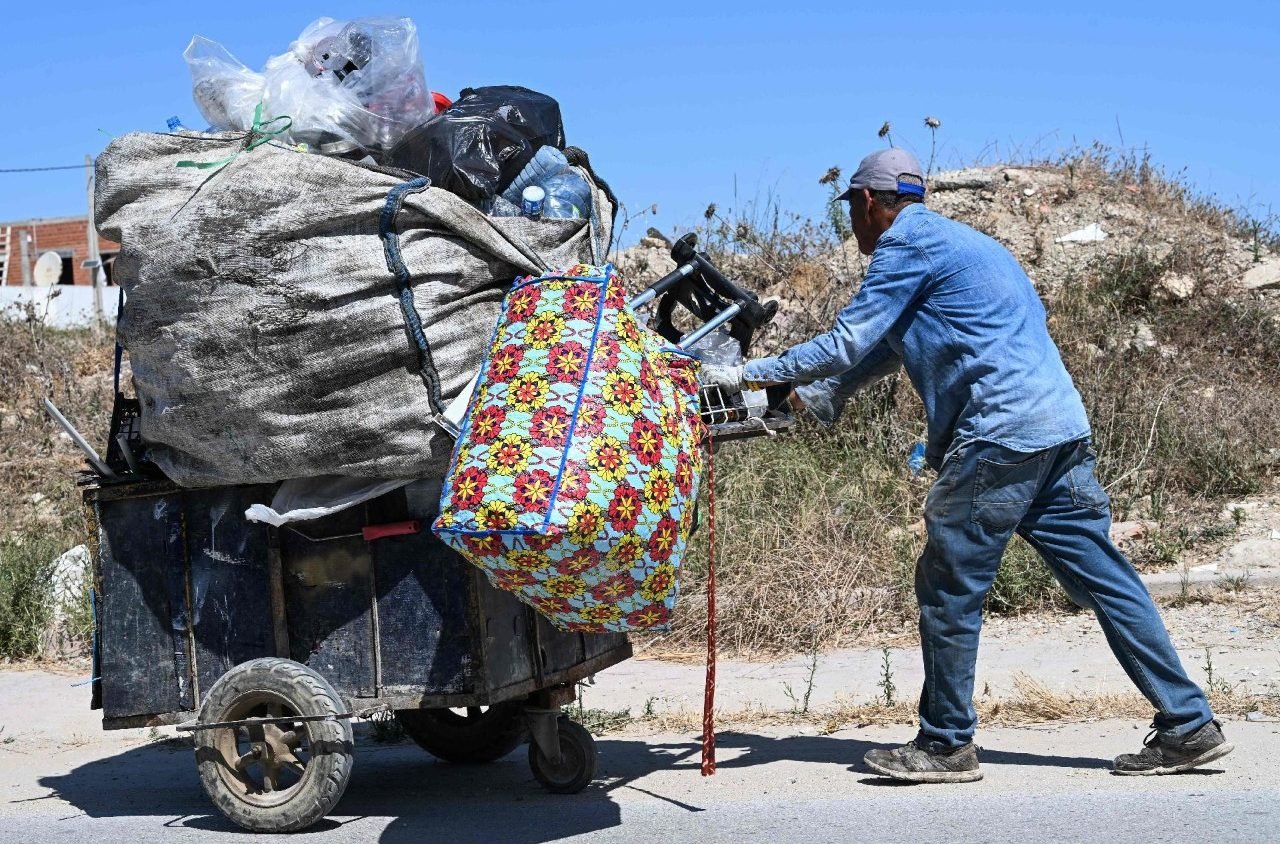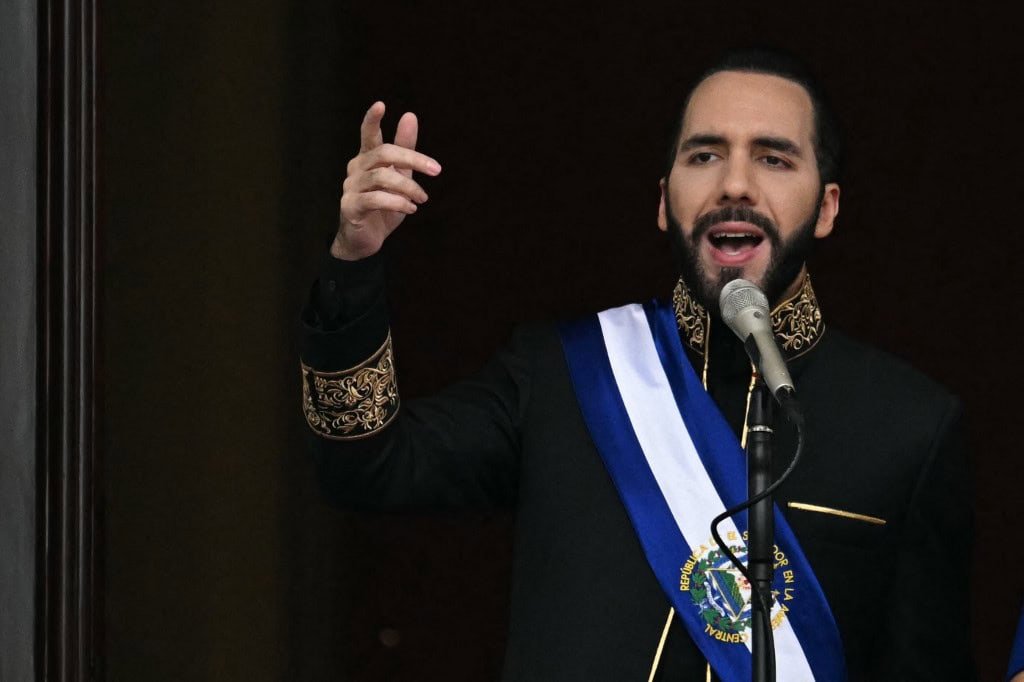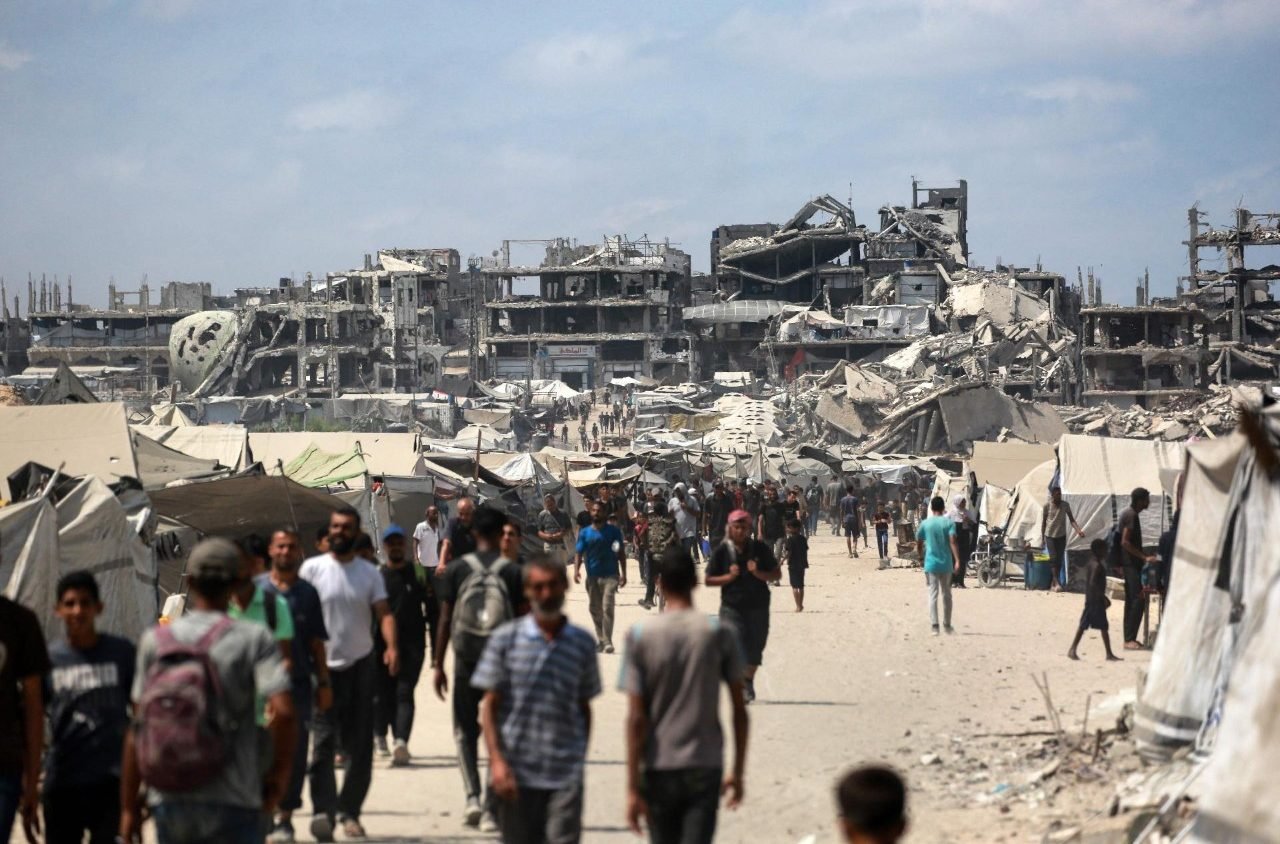
At the Third International Conference on Landlocked Developing Countries in Turkmenistan, Archbishop Gabriele Caccia calls for solidarity, justice, and concrete action to eradicate poverty and foster integral human development.
By Vatican News
The Holy See has reiterated its unwavering commitment to the world’s Landlocked Developing Countries (LLDCs), urging the international community to back words with concrete action to promote justice, dignity, and sustainable growth.
Speaking at the Third International Conference on Landlocked Developing Countries, held on the 6th of August in Awaza, Turkmenistan, Archbishop Gabriele Caccia, Apostolic Nuncio and Permanent Observer to the United Nations, thanked the host nation and those who had worked to allow the gathering to take place. He described the Conference as “an opportunity to reaffirm support for LLDCs” and to provide “long-term, tangible assistance” that truly fosters integral human development.
Poverty: the most urgent challenge
Archbishop Caccia noted that “though diverse in their geographical, cultural and economic contexts”, LLDCs face the same systemic challenges, including “unsustainable debt burdens, high transport costs and vulnerability to climate change and external shocks”. However, Archbishop Caccia stressed, “poverty remains the greatest and most urgent challenge”.
Poverty, he continues, is not only an economic issue but “it also undermines the God-given dignity of every human being by denying millions of their basic needs”. It is particularly severe in rural areas, where essential services are scarce. “Poverty is not inevitable”, the Archbishop said, adding, “it is the consequence of unjust structures and policy choices, and therefore it can and must be overcome.”
He also drew attention to the cultural dimension of poverty, noting that the denial of cultural rights and the lack of educational opportunities deepen inequality.
Trade and justice
Archbishop Caccia noted that a key obstacle to overcoming poverty in LLDCs is unfair international trade. Quoting Caritas in Veritate, he recalled that trade, if properly oriented, can be a powerful driver of development. But for this to happen, it must be “shaped by the demands of justice and solidarity” and grounded in the principle of the universal destination of goods, ensuring that all people have the conditions necessary for their full development.
Countries that are disadvantaged by unjust trade rules often face a scarcity of capital and crippling foreign debt, which in turn fuels unsustainable environmental exploitation and deepens poverty. The Archbishop stressed the importance of development not being reduced to the mere exchange of products, but that it be accompanied by the transfer of scientific and technological knowledge, enabling LLDCs to become autonomous and resilient.
The human person at the centre
At the heart of Archbishop Caccia’s message was that “the human person must remain at the centre of all development strategies”.
“Trade and economic growth are not ends in themselves”, continued the Archbishop, “but rather means of promoting the integral human development of every person and the advancement of the common good”.
Bringing his address to a close, the Holy See’s Permanent Observer to the UN quoted Pope Leo XIV, affirming the Holy See’s enduring mission “to be at the service of concord among peoples” and to extend “unfailing solidarity” to the most afflicted, including “those remote regions which cannot rise from their prostration because of the indifference of those” who have the power to help.




